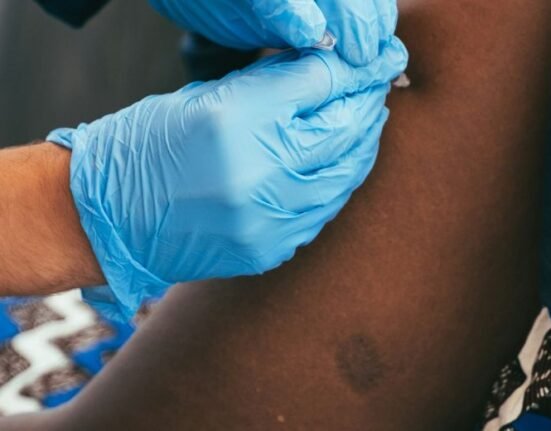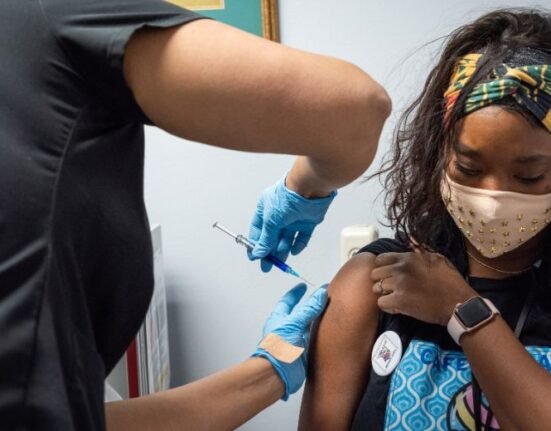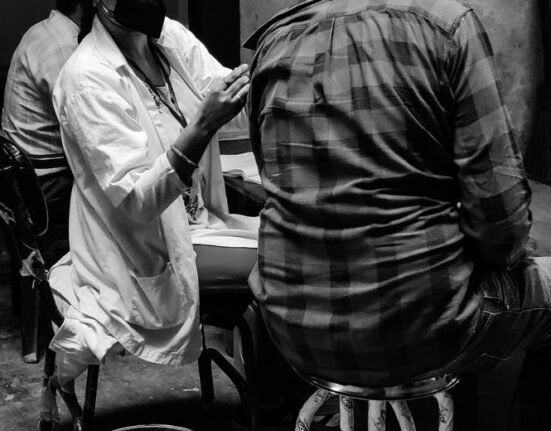HQ Team
November 17, 2022: Researchers have developed a vaccine that can block the effects of fentanyl in the human brain. This could potentially be a solution to the opioid epidemic that is currently gripping the USA.
The experiment was successful on rats, and the researchers are ready to see if the results are replicated in humans.
Fentanyl is a synthetic opioid that is 50 times stronger than heroin and just 2 milligrams is enough to be fatal. It is a serious concern in many western countries, and in the United States, over 150 people die each day from synthetic opioid overdoses.
Researchers at the University of Houston, in Texas, developed a shot that was able to stop the extremely potent drug from entering the brains of rats. By blocking the desired effects of fentanyl, researchers hope they can help prevent some of these deaths.
“We believe these findings could have a significant impact on a very serious problem plaguing society for years – opioid misuse. Our vaccine is able to generate anti-fentanyl antibodies that bind to the consumed fentanyl and prevent it from entering the brain, allowing it to be eliminated out of the body via the kidneys. Thus, the individual will not feel the euphoric effects and can ‘get back on the wagon’ to sobriety,” said lead author Colin Haile in a statement.
Fentanyl binds to opioid receptors in areas of the brain that control pain and emotions. During an overdose, the brain is starved of oxygen, which kills off neurons.
No adverse effects were noted from the vaccine in rats.
Game-changer in the fight against Fentanyl
It could be a game-changer in the fight against opioid misuse. One study found a 91 percent relapse rate for recovering heroin addicts.
Fentanyl was developed as a painkiller for use in hospitals but its cheap manufacturing costs and high potency has made it popular with drug dealers who mix it with meth, cocaine and street Xanax.
“Fentanyl use and overdose is a particular treatment challenge that is not adequately addressed with current medications because of its pharmacodynamics, and managing acute overdose with the short-acting naloxone is not appropriately effective as multiple doses of naloxone are often needed to reverse fentanyl’s fatal effects,” said Therese Kosten, senior author of the study.
Now, the researchers hope to manufacture the vaccine at a clinical grade to make the transition to human trials, which will begin in the coming months.
The study was published in the journal Pharmaceutics.








